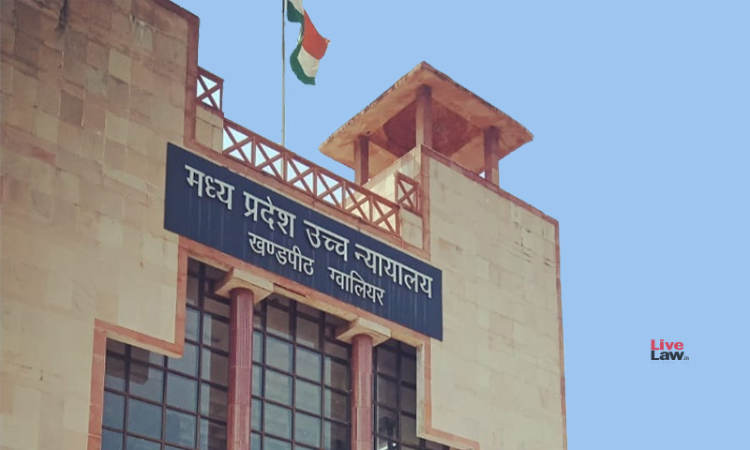Section 311 CrPC | Trial Court Can Regulate Sequence In Which Witnesses Are To Be Examined: Madhya Pradesh High Court
Zeeshan Thomas
3 Oct 2022 2:02 PM IST

Next Story
3 Oct 2022 2:02 PM IST
High Court of Madhya Pradesh's Gwalior Bench recently held that when the trial court can summon any witness pursuant to its power under Section 311 CrPC, it can also regulate the sequence in which they are to be examined. Justice G.S. Ahluwalia made the observation while lamenting over the trend of key witnesses falling prey to the "culture of compromise"- "The Trial Court must rise...
